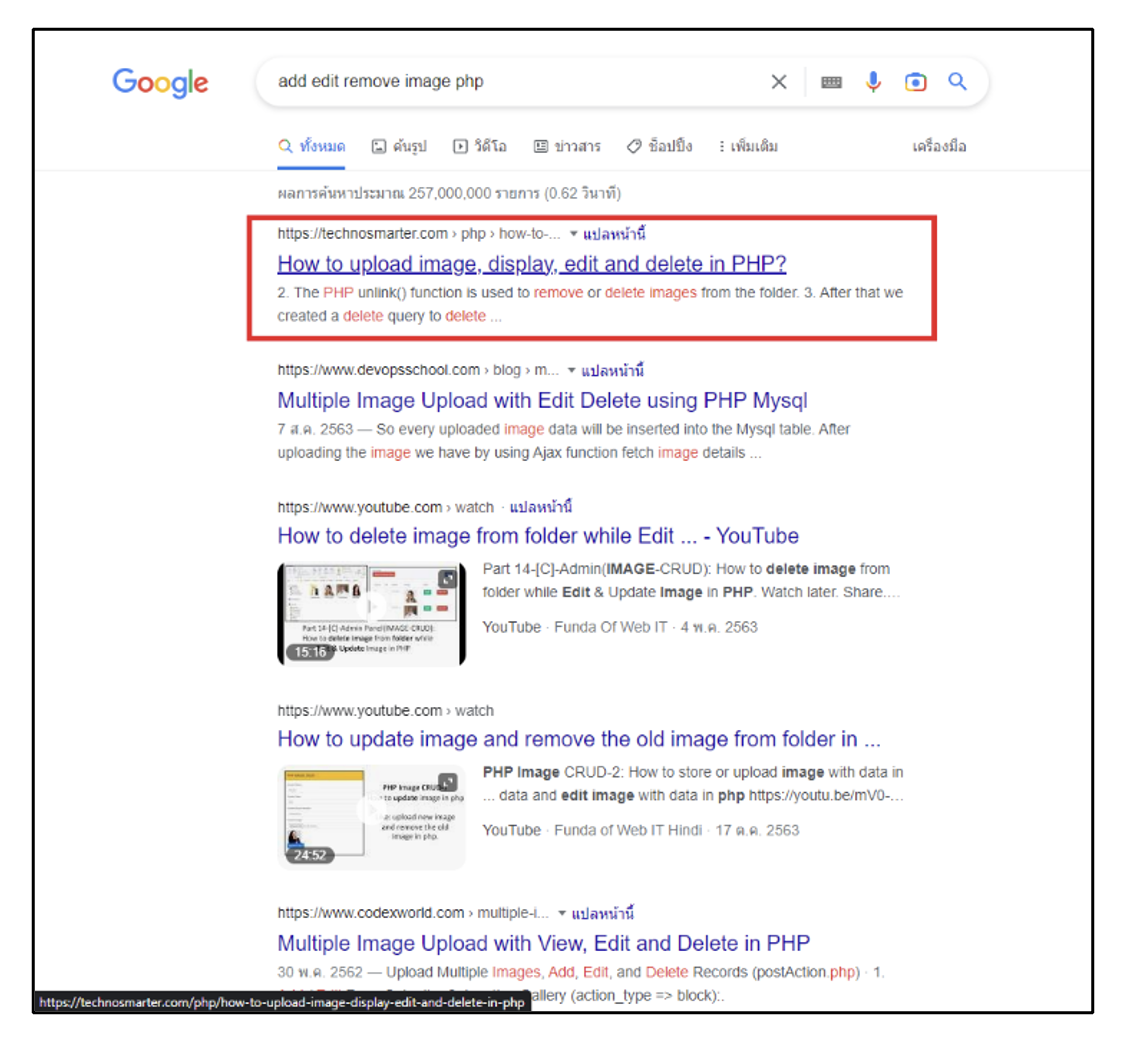A Study of Generation Z on Their Learning Styles, Online Learning Methods and Search Strategies
Main Article Content
Abstract
The traits and learning preferences of different generations differ. Less research has been done on Generation Z (Gen Z), the next generation of employees and consumers. This study attempts to shed light on the learning styles and preferences of Gen Z along with their views on both structured and unstructured online learning, and their searching strategies. Open-ended surveys and knowledge search tasks were conducted, observed, and analyzed. The results showed that Gen Z students tend to prefer visual and kinesthetic learning. Moreover, individual goals influence both structured and unstructured online learning methods. The search strategies used by Gen Z students are using a combination of short keywords and focus features (functions) that they want to perform. Moreover, they selected the search results by looking at search engine rankings, website reputation, the amount of views, and the more recent links. The findings of this study will be valuable for creating online courses that adopt the best strategies for Gen Z students. The paper concluded with recommendations on online learning design with knowledge-searching implications.
Article Details

This work is licensed under a Creative Commons Attribution-NonCommercial-NoDerivatives 4.0 International License.
All authors need to complete copyright transfer to Journal of Applied Informatics and Technology prior to publication. For more details click this link: https://ph01.tci-thaijo.org/index.php/jait/copyrightlicense
References
Aliyu, M. B. (2017). Efficiency of boolean search strings for information retrieval. American Journal of Engineering Research, 6(11), 216-222. https://www.ajer.org/papers/v6(11)/ZA0611216222.pdf
Aula, A. (2005). User study on older adults’ use of the web and search engines. Universal Access in the Information Society, 4, 67-81. https://doi.org/10.1007/s10209-004-0097-7
Athukorala, K., Hoggan, E., Lehtiö, A., Ruotsalo, T., & Jacucci, G. (2013). Information‐seeking behaviors of computer scientists: Challenges for electronic literature search tools. Proceedings of the American Society for Information Science and Technology, 50(1), 1-11. https://doi.org/10.1002/meet.14505001041
Awla, H. A. (2014). Learning styles and their relation to teaching styles. International journal of language and linguistics, 2(3), 241-245. https://doi.org/10.11648/j.ijll.20140203.23
Fleming, N. D. (2006). VARK visual, aural/auditory, read/write, kinesthetic. New Zealand: Bonwell Green Mountain Falls.
Giray, L. (2022). Meet the centennials: Understanding the generation Z students. International Journal of Sociologies and Anthropologies Science Reviews (IJSASR), 2(4), 9-18. https://doi.org/10.14456/jsasr.2022.26
Iftode, D. (2019). Generation Z and learning styles. SEA-Practical Application of Science, 7(21), 255-259. https://doi.org/10.2139/ssrn.3518722.
Manzoni, B., Caporarello, L., Cirulli, F., & Magni, F. (2021). The preferred learning styles of generation Z: Do they differ from the ones of previous generations? In digital transformation and human behavior: Innovation for people and organisations, Springer International Publishing, 37, 55-67. https://doi.org/10.1007/978-3-030-47539-0_5
Onwujekwe, G., Osei-Bryson, K. M., & Ngwum, N. (2020). A framework for capturing and analyzing unstructured and semi-structured data for a knowledge management system. ArXiv, abs/2007.07102. https://doi.org/10.48550/arXiv.2007.07102
PrakashYadav, G. & Rai, J. (2017). The generation Z and their social media usage: A review and a research outline. Global journal of enterprise information system, 9(2), 110-116. https://doi.org/10.18311/gjeis/2017/15748
Stanton, N. A., & Stammers, R. B. (1990). A comparison of structured and unstructured navigation through a CBT package. Computers & Education, 15(1-3), 159-163. https://doi.org/10.1016/0360-1315(90)90142-T
Valickas, A. & Jakštaitė, K. (2017). Different generations’ attitudes towards work and management in the business organizations. Human Resources Management & Ergonomics, 11(1), 108-119. https://cris.mruni.eu/cris/handle/007/33672
Yamin, F. M., Ramayah, T., & Ishak, W. H. W. (2013). Information searching: The impact of user knowledge on user search behavior. Journal of Information & Knowledge Management, 12(03), 1350023.https://doi.org/10.1142/S0219649213500238
Zhang, Y. (2014). Searching for specific health‐related information in Medline Plus: Behavioral patterns and user experience. Journal of the Association for Information Science and Technology, 65(1), 53-68. https://doi.org/10.1002/asi.22957






